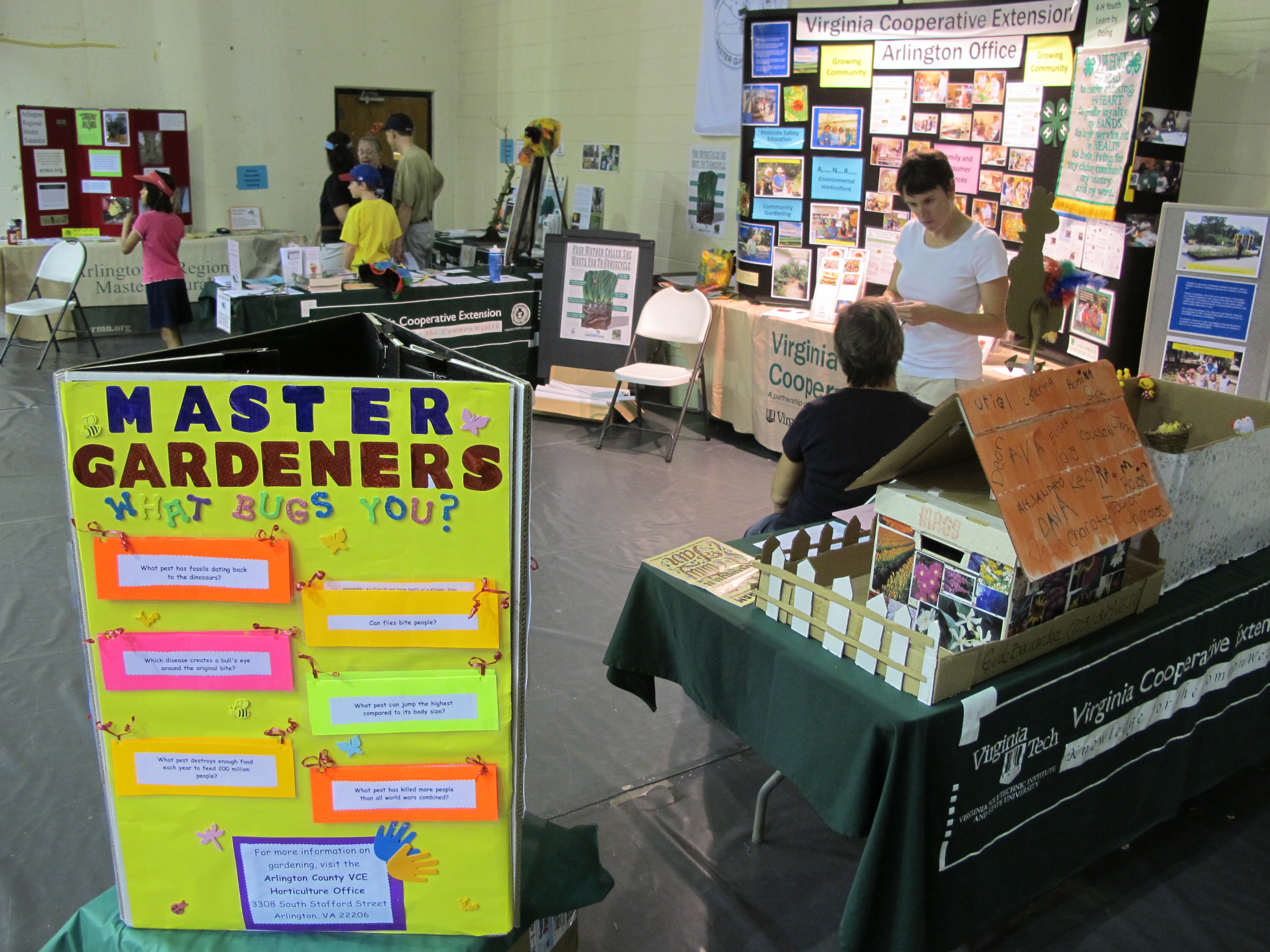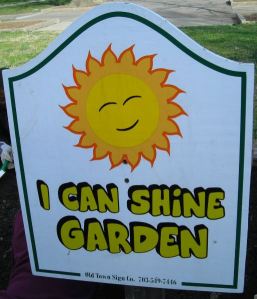Marketing Native Plants – a statewide campaign
“Plant NoVA Natives is a new campaign that brings together the Northern Virginia Regional Commission, local chapters of the Virginia Native Plant Society, nurseries, and other groups, creating a website, guidebook, workshop series and plant tags to be used in local garden stores.”
The Plant NoVA Natives campaign aims to get the word out more consistently on the benefits of native plants and also will help you identify them.
Watch out for their trumpet honeysuckle and sphinx moth logo on plant tags in the marketplace!
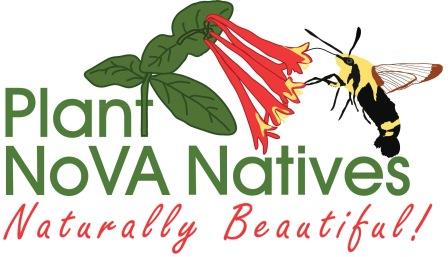
The goals of the plant NoVA Natives campaign are:
Native plants and habitats in our Chesapeake area
- sustain biodiversity
- provide habitat for wildlife including pollinators
- help achieve Chesapeake stormwater goals
For information on VA native plants
See: http://www.dcr.virginia.gov/natural_heritage/nativeplants.shtml
And the previous blog: http://blogs.ext.vt.edu/arl-alexvce/2014/03/28/the-flora-of-virginia-what-are-our-native-plants/
The March 27, Plant NoVA Natives campaign event at Fairlington Community Center was well- attended by over seventy people, many of whom are Master Gardeners, Master Naturalists, and members of Audubon, Virginia Native Plant Society and other conservation groups.
The Plant NoVA Natives campaign was introduced by Corey Miles (Planner at Northern Virginia Regional Commission), followed by excellent presentations by Jim McGlone (Urban Forest Conservationist, VA Dept of Forestry), Alan Ford (Potowmack Chapter President, Virginia Native Plant Society), and Judy Fraser (Program Developer, George Mason University Sustainability Institute).
Margaret Hawkins gave an overview of the Master Gardeners of Northern Virginia (MGNV) Sustainable Landscapes program and team led by Carol Rosen and Kirsten Buhls (Agriculture and Natural Resources Agent, Virginia Cooperative Extension, Arlington office).
Landscape for Life: Making Your Yard Sustainable
In 2013 and 2014, Master Gardeners of Northern Virginia (MGNV) hosted Making Your Yard Sustainable 6-week workshops based on the national US Botanic Garden’s Landscape for Life program. Over 50 home and condo owners in Arlington and Alexandria have participated in these MGNV workshops that teach the principles of sustainable landscape design and how to use native plantings. These are participants main questions:
- What are the native plants that grow well here in our suburban and urban environment?
- What native plants go well together?
- Where can I buy native plants?
Tried and True – Native Plant Factsheets
In response to residents asking for more information on native plants, Master Gardeners of Northern Virginia have now assembled over 100 factsheets of Tried and True natives that thrive in this area. Find the Tried and True online http://mgnv.org/plants/.
The factsheets also list where the native plants can be found in the Arlington County and Alexandria City Demonstration Gardens.
Best Bets Native Plant selections and groupings
http://mgnv.org/reading-room/best-bets/.
In response to further demand from residents, MGNV are producing Best Bets factsheets that show how to select and group native plants to thrive in different conditions such as shade, sun, wet or dry.
Demonstration Gardens in Arlington and Alexandria
Master Gardeners of Northern Virginia maintain several demonstration gardens in Arlington and Alexandria. These demonstration gardens are in the process of being labeled using QR Codes linked to the Tried and True and Best Bet factsheets. The QR Code labeling is a work in progress. Check back frequently as you visit these gardens over the next year or two to get inspiration for your own garden or another community or school garden.
Where can I buy Native Plants this Spring 2014?
Here’s a selection of upcoming plant sales and nurseries to in our local area:
April 10 – 12, check various times and location online, River Farm
American Horticultural Society Plant Sale
http://www.ahs.org/about-river-farm/events-programs
Saturday, April 26, 1- 5 PM
Native Plant sale at Arlington County’s Long Branch Nature Center
order and buy yours online by April 4 – for pick up on the day…
http://parks.arlingtonva.us/2014/02/native-plant-sale/
Saturday, April 26, 9 AM to 2 PM
Park Fairfax Native Plant Spring Sale http://home.earthlink.net/~sknudsen/
3601 Valley Drive
Alexandria, Virginia 22302
Sunday, May 4, 10 AM TO 2 PM
Earth Sangha http://www.earthsangha.org/ – local ecotype plant nursery
Spring Open House and Plant Sale
Saturday, May 17, 9 AM – 3 PM
Green Spring Gardens Spring Garden Day
http://www.fairfaxcounty.gov/parks/greenspring/events.htm
The Big Plant Sale
Don’t miss this exciting annual event with over 40 vendors
Master Gardeners will have stall there…
Nurseries and Plant Shops
The Green Spring Garden Gate Plant Shop
http://www.fairfaxcounty.gov/parks/greenspring/events.htm
Opens regularly beginning April 5:
Monday-Saturday, 9 AM -4 PM
Sunday, noon – 4 PM
Nature by Design
Alexandria http://www.nature-by-design.com/
Herring Run Nursery
If you’re near Baltimore, Herring Run Nursery stocks Chesapeake-area hard to find shrubs, vines and trees as well as perennials
http://www.bluewaterbaltimore.org/herring-run-nursery/
http://www.bluewaterbaltimore.org/herring-run-nursery/native-plants/
Additional Native Plant Sale Listings for Spring 2014:
You create the market for natives!
Ask for native plants at your local nurseries and other suppliers.
We have plenty of large and small nurseries in the area and all stock some natives.
Remember to thank nurseries for stocking their ever-expanding selection of native plants.
By asking for native plants at the nurseries you will help influence the market for them – and retailers will sell more native plant, and growers will be able to grow more of them.
The market will shift. Plant the seed now, grow and ask for natives!
Plant NoVA Natives! They are naturally beautiful!
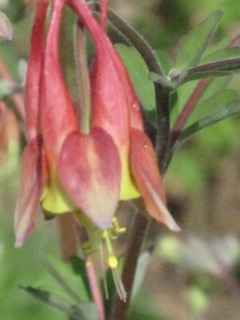

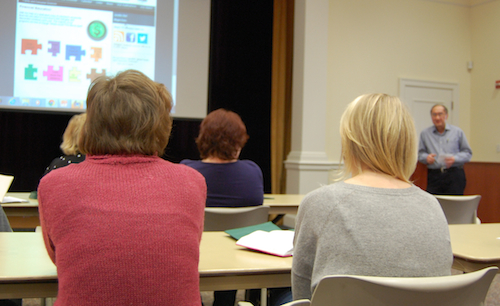
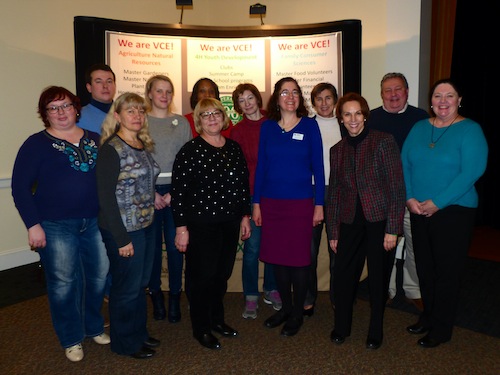
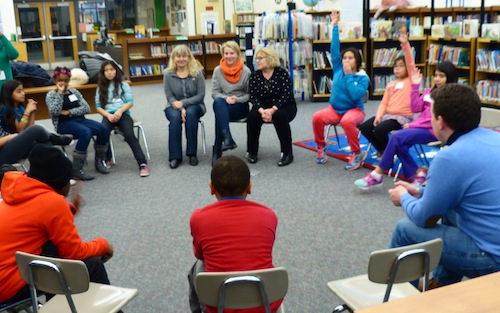

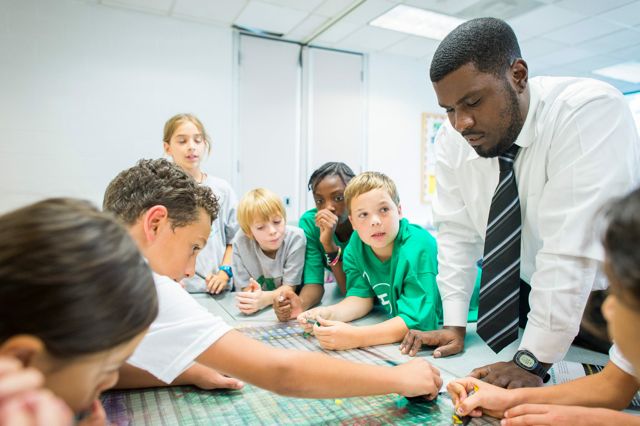
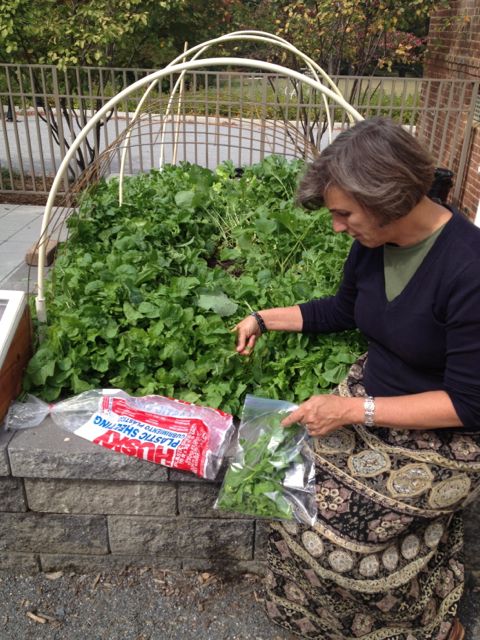
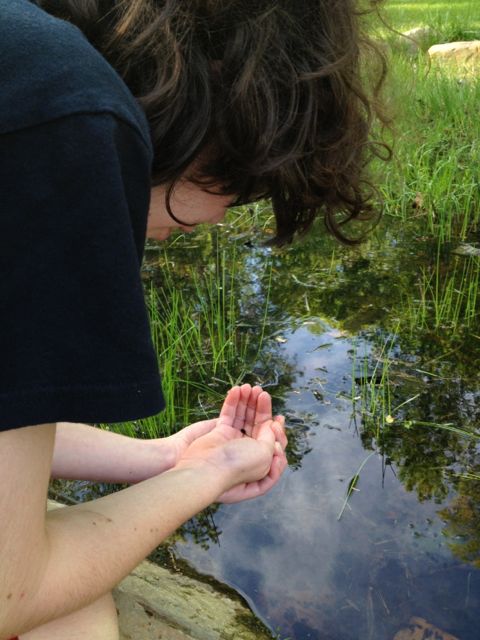
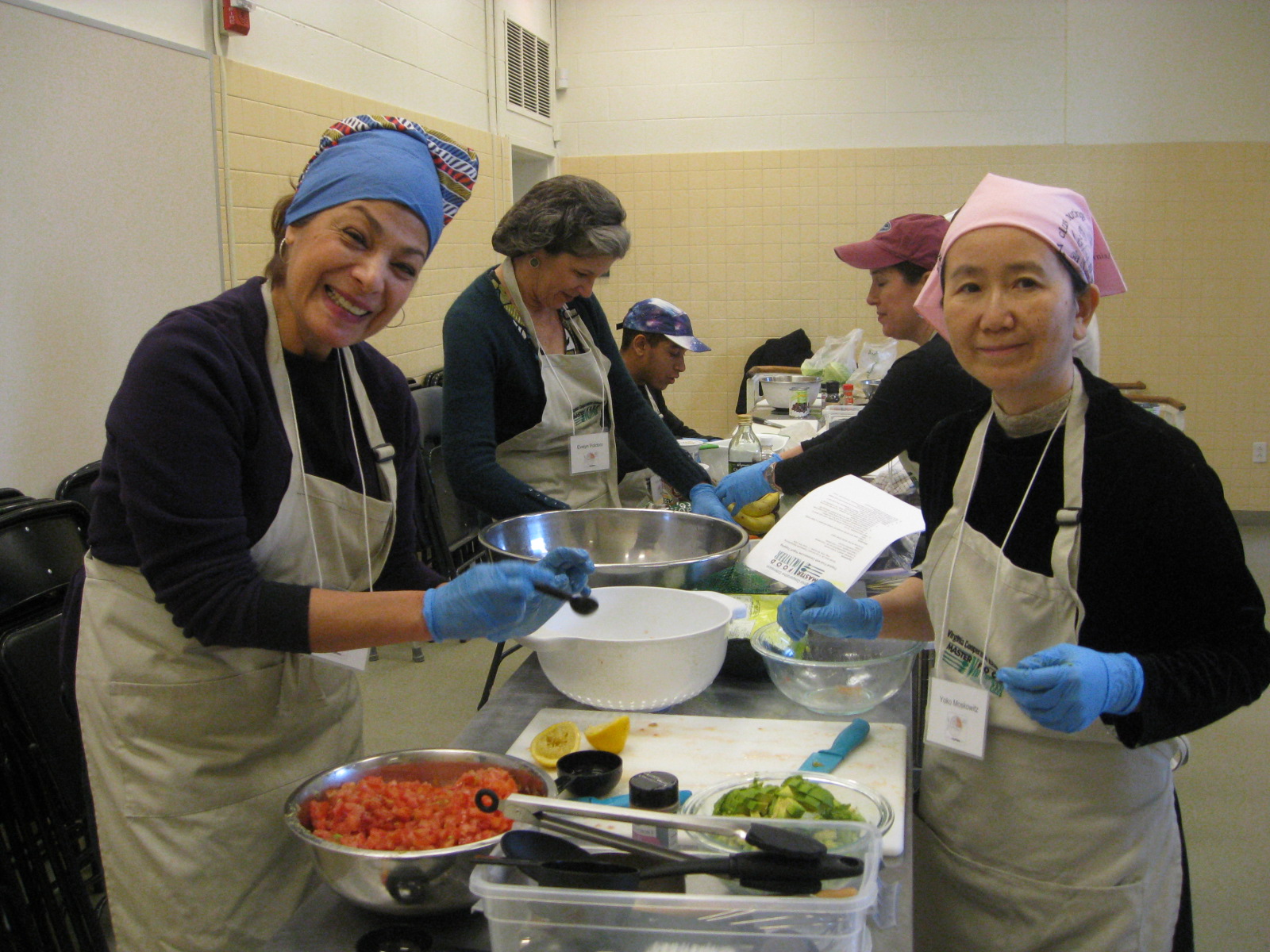




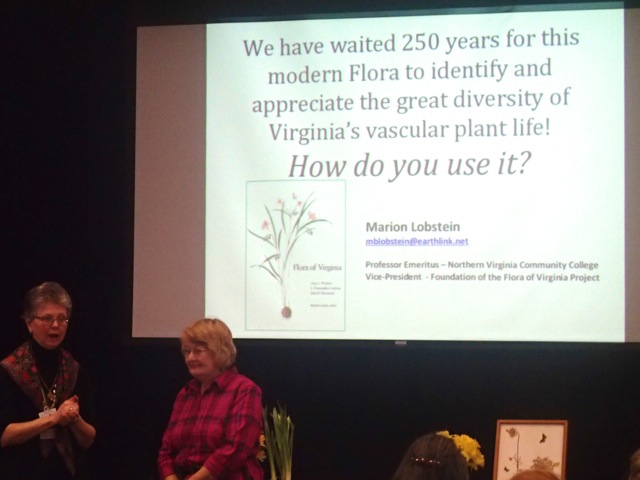
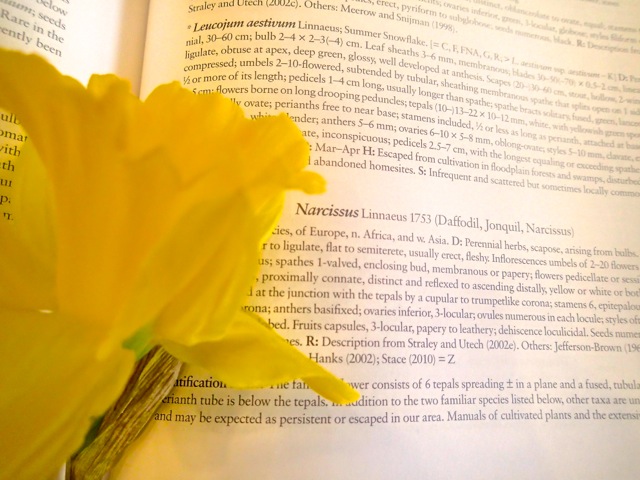
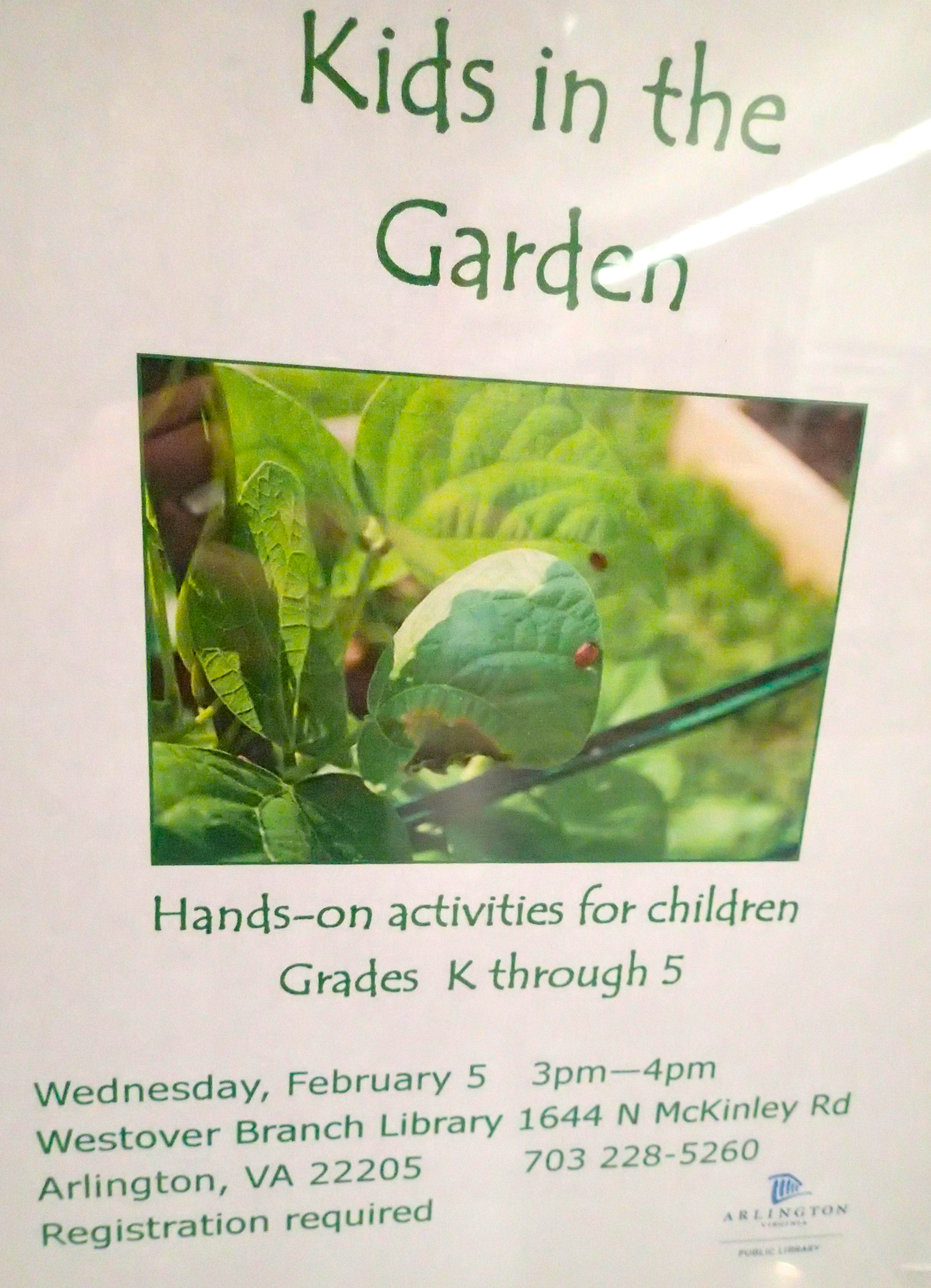
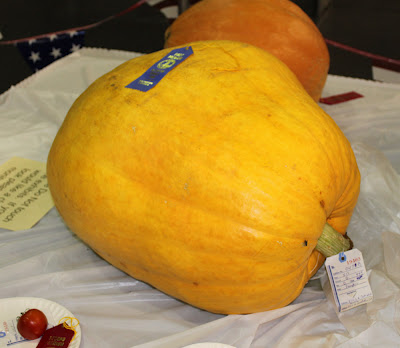 the Vegetable Fruits and Nuts Competitive Exhibits at the Arlington County Fair are supported by VCE Master Gardeners who serve as superintendents, judges, and administrative volunteers. This year, Extension volunteers will preside over two shows that take in entries from hundreds of exhibitors vying for blue ribbons and maybe even a Reserve or Grand Champion awards. Last year’s show inspired this entry from Nabih S. whose pumpkin was a huge hit. How big was it? Well it took two people to pick it up and the small tomato in the lower left corner will give an idea of its size.
the Vegetable Fruits and Nuts Competitive Exhibits at the Arlington County Fair are supported by VCE Master Gardeners who serve as superintendents, judges, and administrative volunteers. This year, Extension volunteers will preside over two shows that take in entries from hundreds of exhibitors vying for blue ribbons and maybe even a Reserve or Grand Champion awards. Last year’s show inspired this entry from Nabih S. whose pumpkin was a huge hit. How big was it? Well it took two people to pick it up and the small tomato in the lower left corner will give an idea of its size. 